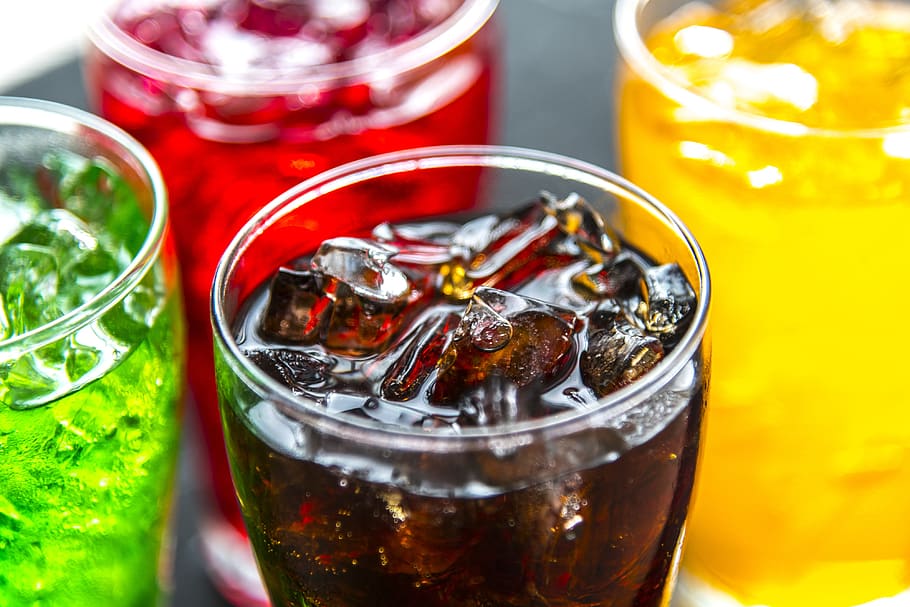
The National Action on Sugar Reduction (NASR) Coalition has advocated for the imposition of taxes on sweetened beverages and alcoholic drinks as a measure to help impoverished Nigerians. This position was reaffirmed by Dr. Alhassan Umar, the Co-Chairman of NASR, in a press statement issued in Abuja on Saturday.
The coalition has consistently argued that imposing substantial taxes on sugar-sweetened beverages (SSB) and alcoholic drinks would deter Nigerians from purchasing such products. Furthermore, they believe that these taxes would alleviate the prevalence of diabetes, hypertension, and other non-communicable diseases linked to the consumption of sugary substances.
READ ALSO: Ondo: Aiyedatiwa Freezes LGs Accounts Amid Akeredolu’s Medical Leave
The statement also highlighted a recent meeting convened by the Presidential Fiscal Policy and Tax Reforms Committee with various stakeholders, including trade associations, civil society organizations, and non-governmental organizations. The aim of the meeting was to explore avenues for tax reforms that could stimulate economic growth in Nigeria.
The committee’s chairman, Taiwo Oyedele, was quoted in the statement as saying that the committee’s goal is to lessen the tax burden on Nigerians by primarily taxing the wealthiest one percent of the population rather than introducing new taxes. He believes this approach would be more effective and ultimately generate more revenue.
Oyedele further stated that countries that have implemented similar tax policies have experienced increased economic growth and revenue. He reiterated the committee’s commitment to finding locally developed solutions that are suitable for the task at hand. He also emphasized the committee’s dedication to fostering trust in the government and transparency with the Nigerian people.
The statement also quoted Runcie Chidebe, a member of the NASR coalition and the Executive Director of Project Pink Blue, who argued that taxes on sugary drinks are crucial to easing the burden on the poor.
Chidebe clarified, “The SSB tax is not a tax on the poor. It is a tax on products that are harmful to health and thus a pro-health fiscal policy.’’ He asserted that it would directly protect the poor by discouraging their consumption of sugary drinks and reducing their risk of serious diseases.
Chidebe expressed his concern about the need to protect the vulnerable through tax policy measures. He noted that many poor people, who often have lower socioeconomic status, are more likely to consume SSB and processed foods, putting them at a higher risk of diabetes and other non-communicable diseases.
Chidebe argued that the NASR coalition believes that failing to implement the SSB tax is detrimental to public and preventive health practices, especially given the evidence that implementing SSB taxes leads to a healthier population.
The World Health Organization recently published a report recommending increased taxes on sugary drinks to promote healthier food environments and prevent non-communicable diseases and deaths. The NASR coalition suggested that the revenue from the sugary drink tax should be allocated to health coverage, which would contribute to the country’s aim of achieving universal health care. (NAN)








Leave a Reply